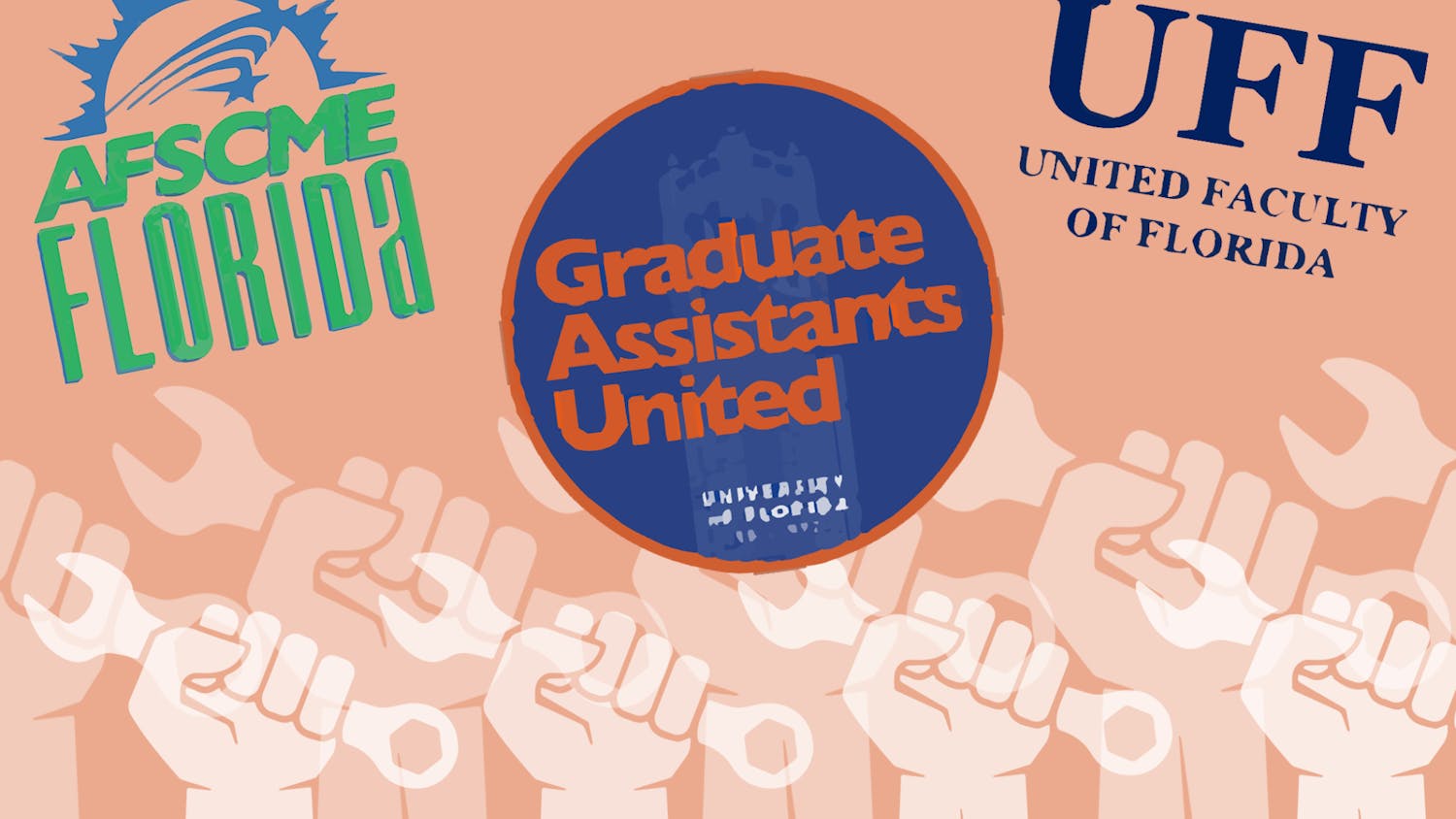Many students at UF have taken statistics classes at some point in their lives. Whether they came to UF with AP Statistics credits in their back pockets or took Introduction to Statistics 1 here, it’s comforting to know that those in our campus environment acknowledge and respect statistical truth, even if, by taking those classes, they understand how easily manipulated statistics can be. Regardless, the website FiveThirtyEight, created by statistical superstar Nate Silver, published an article yesterday with a gripping headline: “People Who Oppose Gay Marriage Are Less Likely To Value Expert Opinion.”
This isn’t just a cleverly disguised political statement. The study took into account party affiliation, but it found no such affiliation mattered. If you oppose same-sex marriage, regardless of your political allegiances, you are less likely to value expert opinion. What is it about marriage equality that makes people disinclined to acknowledge expert testimony on a given subject?
Given that experts seem quite comfortable with the notion of same-sex marriage, there has to be something else going on here. Confirmation bias seems to be at fault. Because the evidence overwhelmingly rejects people’s claims that same-sex marriage is “bad,” their logic must be rooted in something outside of the domain of science. Perhaps they find their logical framework in something they were taught at a young age.
That logical framework, dear reader, is probably rooted in biblical mythology. Statistically — take a drink every time you read that word in this editorial — those who oppose marriage equality are likely to believe in the firm and, for all purposes, rigid lifestyle that religious practice expects. If they believe the Earth is only 6,000 years old, it’s understandable they would reject the testimony of an expert geologist who says they’re underestimating.
Moreover, statistically, those who oppose marriage equality are older, more traditional Americans. We’ve all experienced that stressful rut of circular reasoning that questionably racist Grandpa drunkenly belched at Thanksgiving: The Bible is infallible, and we know this because the Bible is the word of God. We can be sure it’s the word of God because the Bible tells us so, and we believe the Bible because, well, it’s infallible. Rinse, lather and repeat until the turkey’s gone.
The truth is, even young conservatives show more leniency on this issue than their older counterparts. Education has become a constantly evolving sphere of knowledge, and to take it for granted is as absurd as saying a book written thousands of years ago is the only unchanging source of knowledge.
While there’s a common argument that science is unreliable because science changes, it changes on the grounds that it is moving in a better direction. In science, disproving a claim is called progress. In more “traditional” realms of knowledge, disproving a claim is called heresy and can result in you being beheaded — or having a small tribe of Westboro Baptist Church members picket your funeral.
So what can we do besides wait for that voting bloc to, well, not vote anymore? For those of you who are impatient, it seems that we need to protect experts and give them the ability to voice their knowledge so that it won’t fall on deaf ears. Their contributions to the public, whether liberating for things like marriage equality or terrifying on issues in climate change, ought to be considered and valued by those who create policy.





